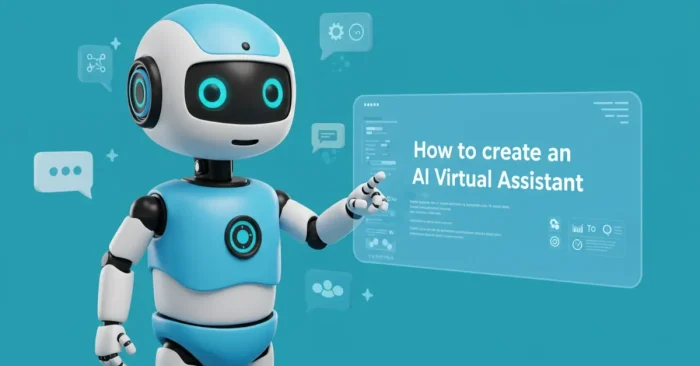Overview
AI tools for virtual assistants help businesses, entrepreneurs, and individuals automate tasks, streamline workflows, and improve productivity. These tools use natural language processing, machine learning, and voice recognition to handle scheduling, emails, reminders, and customer inquiries efficiently. AI-powered virtual assistants can manage multiple platforms, provide analytics, and adapt to user preferences over time. By reducing manual effort, they free up time for strategic and creative tasks. Whether for personal use or business operations, AI virtual assistant tools enhance organization, communication, and task management, enabling users to stay focused, efficient, and responsive in a fast-paced environment.
1. AI for Task Automation
AI virtual assistants automate repetitive tasks such as setting reminders, sending emails, and managing calendars. This saves time and reduces human errors, allowing users to focus on critical activities.
2. AI in Email Management
AI tools sort, prioritize, and respond to emails automatically. They can filter important messages, suggest replies, and schedule follow-ups, improving communication efficiency for individuals and businesses.
3. AI for Scheduling
Virtual assistants use AI to schedule meetings, appointments, and events. They analyze availability, time zones, and preferences to avoid conflicts and optimize daily planning.
4. AI-Powered Customer Support
AI assistants handle FAQs, chat queries, and support tickets instantly. They provide accurate responses, reduce response times, and enhance customer satisfaction across multiple platforms.
5. AI in Voice Recognition
Voice-enabled AI assistants understand spoken commands, execute tasks, and provide hands-free support. This improves accessibility and allows users to multitask effectively.
6. AI for Personalization
AI learns user preferences, habits, and routines to provide tailored recommendations, reminders, and assistance. Personalized support enhances productivity and user experience.
7. AI in Analytics & Reporting
AI virtual assistants track tasks, deadlines, and performance metrics. They generate reports that help users monitor productivity, identify bottlenecks, and improve workflow efficiency.
8. AI for Integration
AI assistants connect with multiple apps and platforms, such as CRM systems, calendars, and messaging tools, ensuring seamless task management and unified operations.
9. AI in Reminders & Notifications
AI sends timely reminders and alerts for deadlines, meetings, and tasks. Automated notifications help users stay organized and prevent missed opportunities.
10. AI for Decision Support
AI virtual assistants analyze data and provide recommendations for scheduling, communication, and task prioritization. This enables informed decisions and optimizes daily productivity.
(FAQs)
Q1: Can AI virtual assistants replace humans?
AI supports routine tasks but cannot replace human judgment, creativity, and complex decision-making.
Q2: Are AI tools for virtual assistants expensive?
Many AI assistant tools offer affordable or subscription-based plans suitable for individuals and businesses.
Q3: Do AI virtual assistants improve productivity?
Yes. AI reduces manual effort, organizes tasks, and provides timely insights, significantly enhancing efficiency and focus.
Learn More About AI Course https://buhave.com/courses/learn/ai/






